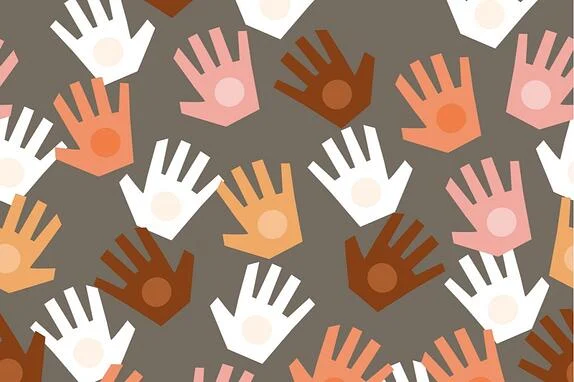May is Mental Health Awareness Month!
Resources to share to help spread awareness!

With May being Mental Health Awareness month, PCCYFS wanted to share a few resources with you to read and/or use.
On 4.28.23, the White House released A Proclamation on National Mental Health Awareness Month, 2023. Within this proclamation, President Biden mentioned his Unity Agenda which addresses supporting and training more providers, improving access to care, and building healthy environments that promote mental health. He also made mention of the workforce shortage, 988 – the national crisis and suicide prevention lifeline, expanding access to prevention and treatment of substance use disorder, ending stigma, in addition to many other mental health advocacy topics you can read about.
Mental Health America (MHA) developed a Mental Health Toolkit which you can download that has media and social media resources in addition to printable handouts. Their site includes information on outreach ideas as well for individuals, organizations or businesses.
The Substance Abuse and Mental Health Services Administration (SAMHSA) also has a Mental Health Awareness Month Toolkit with shareable material. May 7-14 is National Prevention Week which another toolkit has been developed for as well. Check out all the downloadable information to share and help spread awareness!
The National Institute for Mental Health (NIMH)has options for different messages you can share on social media to help start a conversation and raise awareness. They also have statistics and fact sheets that has great information to share to help people understand the prevalence of mental illness and how everyone can help.
The National Council for Mental Wellbeing compiled information such as resources, toolkits, publications, original content to help with starting a conversation within your community. They state ideas about what you can do now to help!
The Center for Disease Control (CDC) stated the most common diagnoses in youth ages 3-17 in 2016-2019 are ADHD (6.0 million), anxiety concerns (5.8 million), behavioral concerns (5.5 million) and depression (2.7 million). There are many other statistics on their site to review and learn more about.



